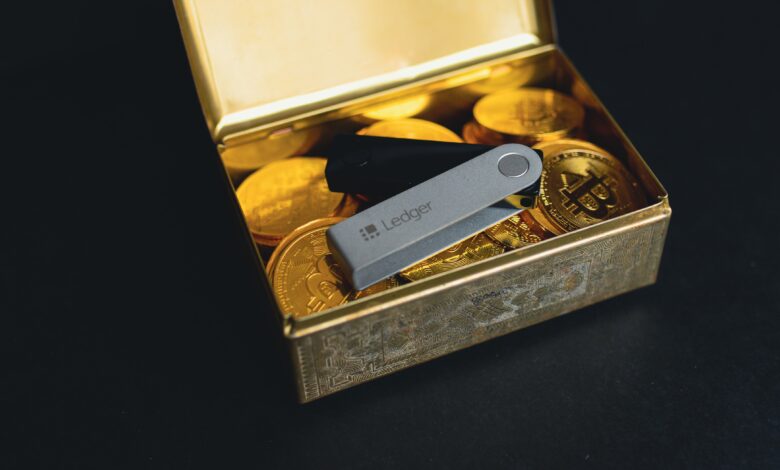Best Bitcoin and Crypto Wallets for 2022

A cryptocurrency wallet is not a physical place to store Bitcoin or Ether, in contrast to a traditional wallet. Instead, it holds the private keys that will allow you to access your crypto assets on the blockchain and verify your ownership of them.
Hardware wallets are those that you physically carry around, whereas software wallets are those that you install on your computer or mobile device. In addition to serving as a place to store cryptocurrency and facilitate trades, these services give you greater discretion over your virtual money than you would have with a typical account at a cryptocurrency exchange or brokerage.
Best Crypto Wallets
The most well-known cryptocurrency exchange in the United States is Coinbase, which went public in April. The startup has its own Visa-backed debit card that works with Apple Pay and Google Pay and makes it simple to trade bitcoin, dogecoin, and other popular cryptocurrencies.
Coinbase’s wallet is a great entry point for anyone unfamiliar with digital currencies. Downloadable as an app for both Android and iOS, the wallet is fully connected with the company’s exchange, allowing for simple and quick transactions like buying coins and tokens using fiat currency.
Trezor Model T
Trezor’s Wallet Web app has been replaced by the new Trezor Suite user interface, which was released earlier this month. Therefore, this review reflects our first impressions of the product. Trezor, on the other hand, was founded in 2011 as a spinoff of SatoshiLabs in the Czech Republic, thus it has been around for a while.
Trezor’s second-generation hardware wallet, the $245 Model T, shares many of the capabilities of the $210 Ledger Nano X. The code that drives the wallet is available for review, and the idea is that sunshine is the greatest disinfectant, therefore this provides an additional layer of security not seen in other wallets.
Ledger Nano X
Ledger’s Nano X is their next-generation offline wallet. The user-friendly, all-in-one Ledger Live platform supports over 5,500 different cryptocurrencies, such as Bitcoin, Ethereum, and XRP. Unlike the Model T, the wallet has a USB port and Bluetooth for linking to computers and smartphones.
The device is reliable and has a compact LED display. A personal identification number (PIN) and a 24-word seed phrase are the first steps in setting up this system. Your wallet’s private key is the seed phrase. If you lose your crypto wallet, you won’t lose your crypto assets so long as you have the private key.
Exodus
Even while Exodus is a “hot” wallet in that it is a software wallet that is online, it is noncustodial in that only you have access to your private key, which is a 12-word password phrase that safeguards your crypto assets.
While the Exodus wallet itself is only compatible with Apple Mac, Microsoft Windows, and Linux desktops, a mobile app is available for both Android and iOS. Elegant and straightforward, the desktop UI is a breeze to pick up. The Exodus exchange works in tandem with your wallet, making purchases and withdrawals a breeze.
Mycelium
The Mycelium wallet is one of the earliest and most well-known bitcoin wallets, while Mycelium itself has been around since the beginning of the crypto period. This wallet is only available on mobile devices, including Android and iOS smartphones and tablets.
While its user-friendly design makes the Mycelium wallet stand out, it only supports a subset of the cryptocurrencies discussed here. Bitcoin, ether, and ERC-20 tokens like tether USD, USD coin, and binance USD can all be sent and received, but the hundreds of obscure coins produced in recent years cannot. Mycelium makes it possible to buy bitcoin with conventional fiat currency, and the program itself supports buying and selling bitcoin.




